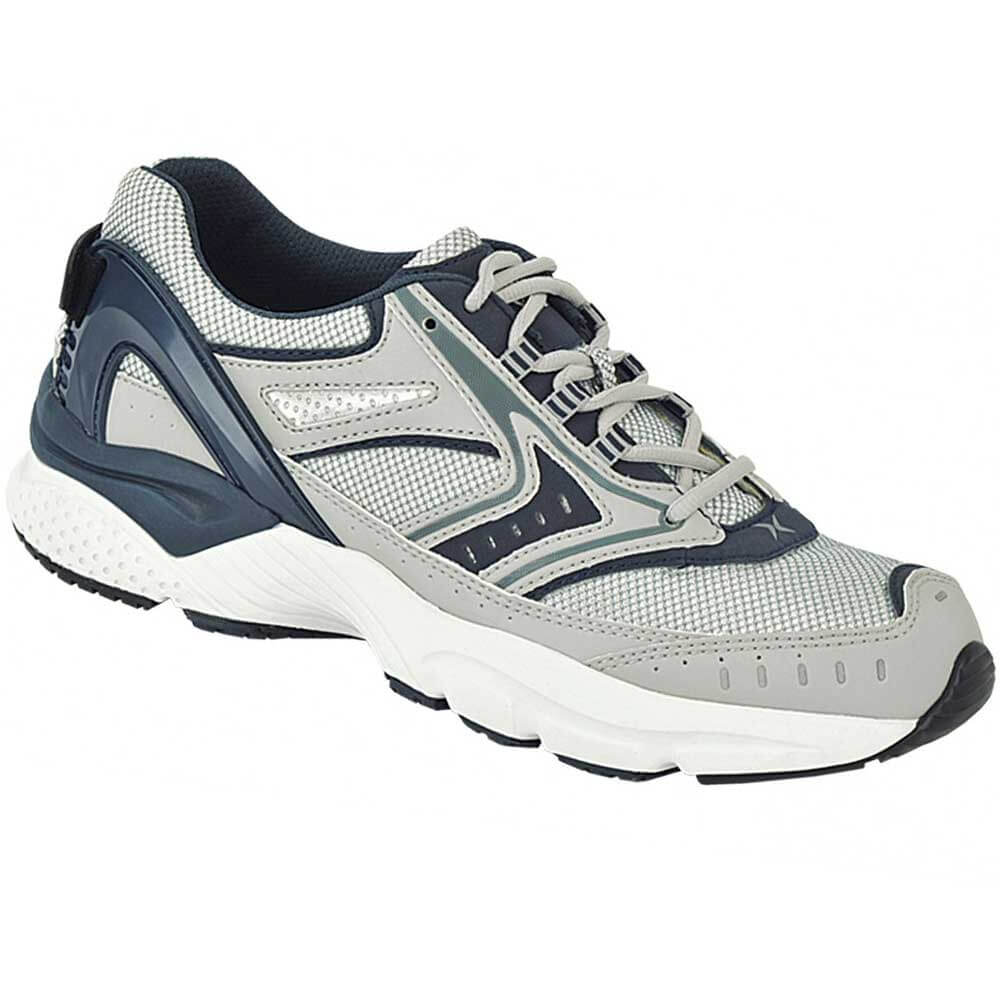A neuroma is a thickening of nerve tissue that can develop in various parts of your body. In the foot, the most commonly occurring neuroma develops at the base of the third and fourth toes. This condition is referred to as Morton's Neuroma.

There are typically no outward physical signs of Morton's Neuroma, such as a lump or a knot. Instead, symptoms may include:
- A sharp, achy or burning pain in the ball of your foot
- Numbness, tingling, or cramping in the toes or forefoot
- Feeling as if you're standing on a pebble in your shoe
While the exact cause of Morton's Neuroma is unknown, the growth of the neuroma seems to occur in response to injury, pressure or irritation to one of the nerves that lead to the toes. People with foot deformities such as
bunions, hammertoes and
flat feet are at higher risk for developing a neuroma. Women are also more likely to develop this condition, as wearing high-heels or narrow-toed shoes can increase pressure on the toes. Other potential causes are activities that involve repetitive irritation to the ball of the foot, such as running.
Morton's Neuroma can make walking and performing normal activities difficult and painful. Treatment options vary with severity, and identifying the neuroma in its earliest stage of development is important to avoid more invasive treatments or surgical correction. Left untreated, neuromas tend to worsen, so it's always best to take action at the first sign of pain.
Early treatments aim to relieve or reduce pressure on the area around the affected toes. Depending on the severity of your neuroma, a podiatrist may recommend:
 Apex X532M Athletic Runner
Apex X532M Athletic Runner
- Modifications to footwear, which is where ICS can help. Wide-toed shoes relieve pressure on the neuroma. Our comfort shoes come in a wide ranges of sizes and width, so that you can decrease pressure on the forefront of the foot.
- Shoe inserts or padding to provide support for the arch of the foot, which removes pressure from the nerve. Our therapeutic shoes with dual insoles are especially helpful for getting the perfect fit for relieving neuroma pain.
- Anti-inflammatory medications can help ease any pain and inflammation. Ask your doctor first.
- Icing to reduce inflammation.
- Rest to lessen repetitive pressure on the neuroma.
The first step in relieving your neuroma pain is to get your feet in the right shoes.
Give us a call and let us help you find the right shoe for your condition and lifestyle.
ICS can offer expert care and advice so that you can get back on your feet.